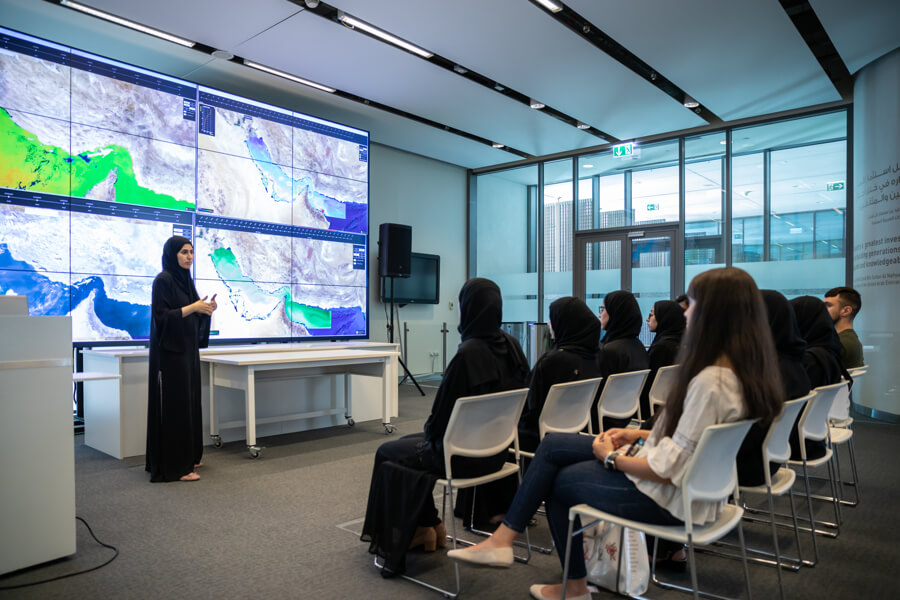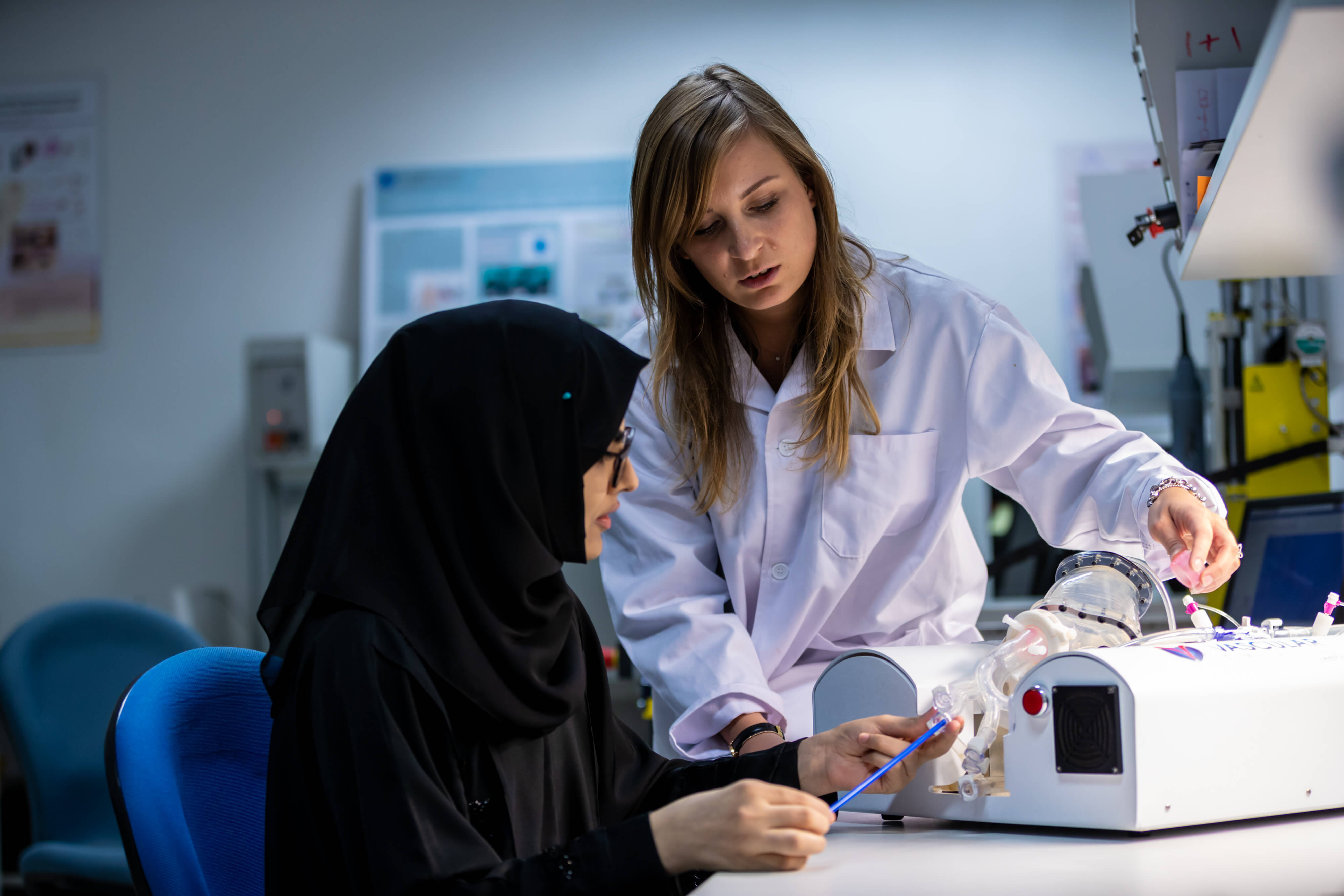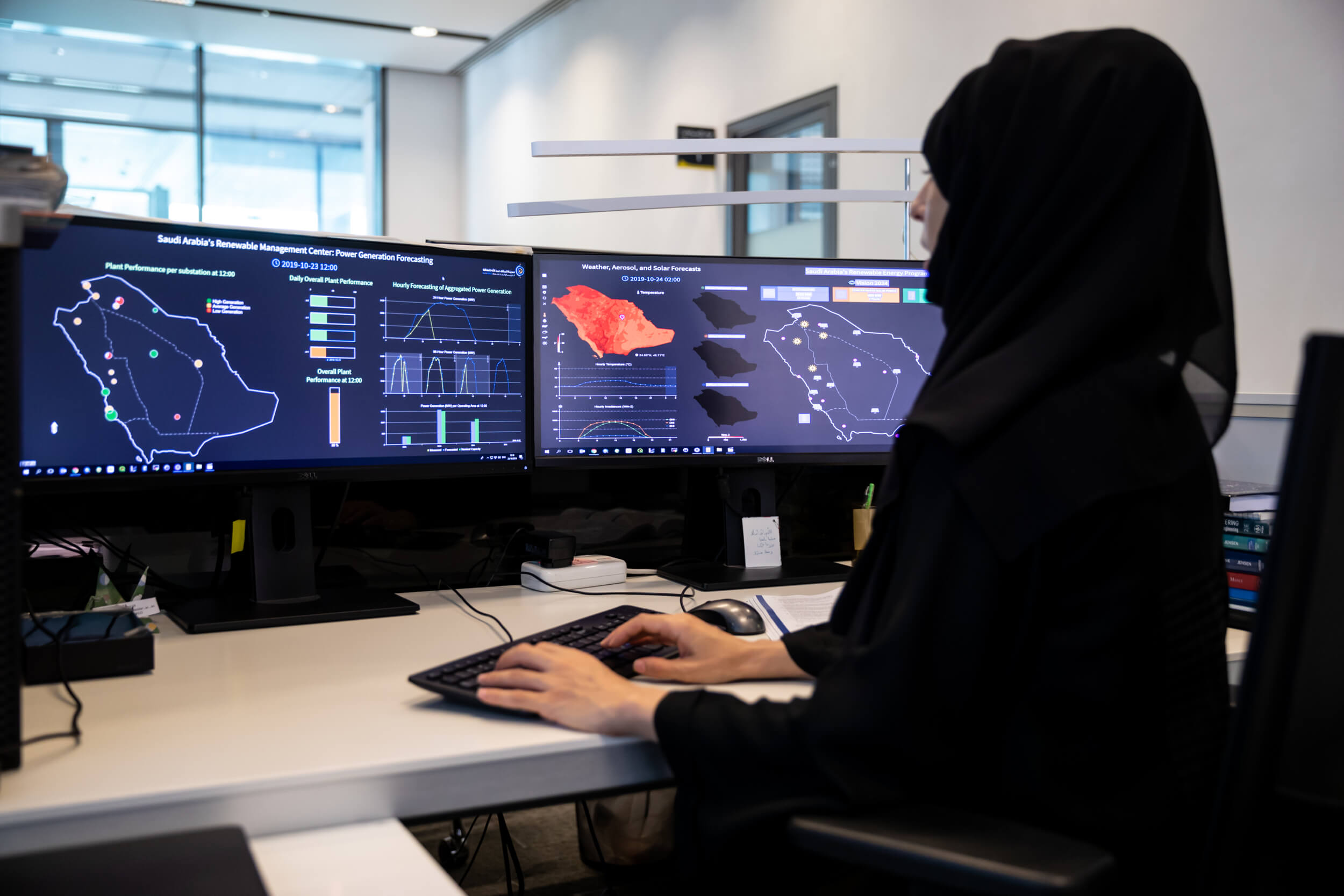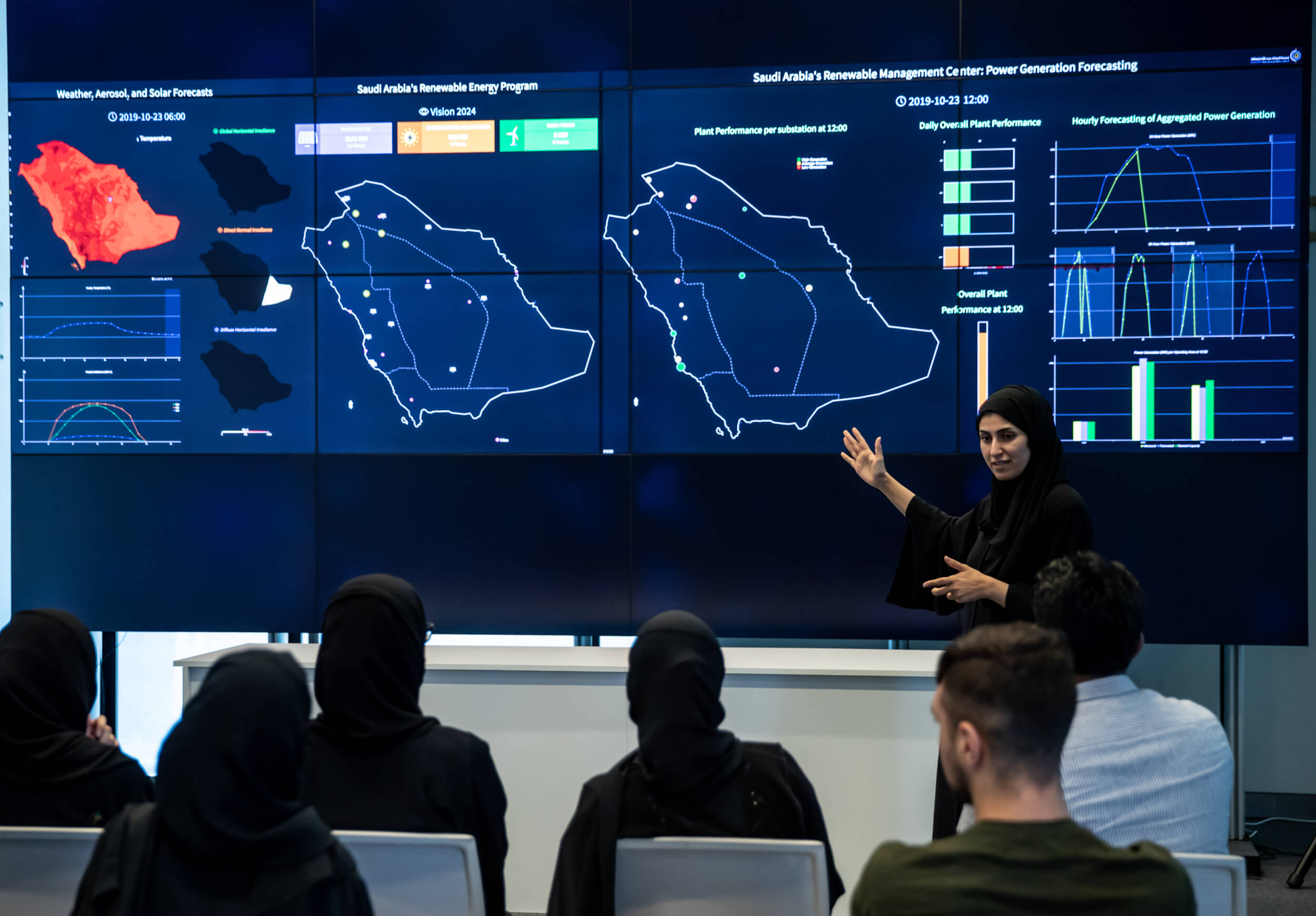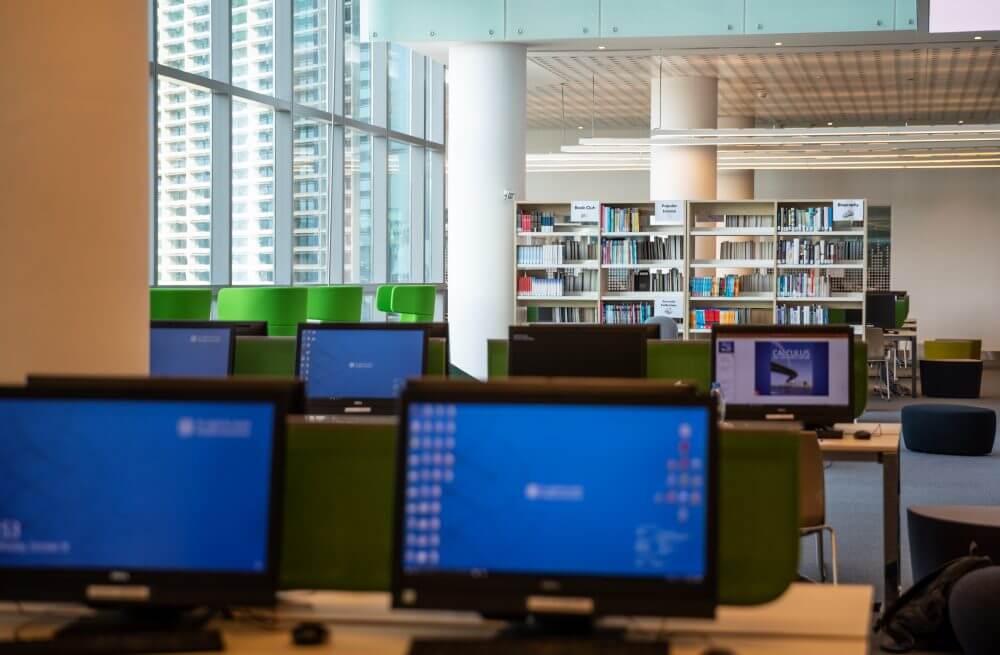More than 46 percent of female students in the UAE believe women must have high confidence levels and a forceful attitude if they are to succeed in science, technology and engineering (STE), according to a survey conducted by Masdar Institute of Science and Technology in Abu Dhabi.
The UAE-wide study, titled ‘Expanding Women’s Participation in Science, Technology and Engineering – the Case of the UAE’ conducted by Dr. Georgeta Vidican, Assistant Professor in the Engineering Systems and Management Program at Masdar Institute, the Principal Investigator behind the project, Noor Ghazal Aswad, Graduate student and Research Assistant, and Diana Samulewicz, Research Associate at Masdar Institute. The broader motivation behind the research came with the realization that without the active involvement of the young National population in STE, particularly women, it would be difficult for the country to successfully transition towards a knowledge-based economy.
The survey involved almost 2600 female students in 17 campuses from universities across the country who provided feedback aimed at determining the factors that influence their decisions regarding their degree program selection, their attitudes towards STE education, and the factors that influence their career aspirations. It also looked into the impact of socio-economic status, institutional and cultural factors on women’s choices for pursuing education and careers in STE-related fields. Additionally, semi-structured interviews were conducted with experts, such as National female engineers working in the industry, policy makers, researchers and educators on the topic. The study aimed to identify potential policy recommendations that could be pursued to increase women’s engagement in the STE disciplines.
Students reveal that they expect a women professional in the STE fields to be “forceful”, with 51 percent of Emirati students agreeing to this as compared to 37 percent of non-Emirati students. This finding suggests that students believe a strong confidence level is required to succeed in the STE programs, having to be more “aggressive” in what could be perceived to some as an inhospitable environment.
According to the survey, more than 80 percent of the female students in the UAE strongly believe that studying STE is as good for women as for men, and that women can match men’s capabilities as professionals in the three key sectors. Interestingly, the study found that a majority of those who agree that ‘males are naturally better in math and science’ also think that by working hard, women can overcome this perceived natural advantage and do equally well in STE sectors.
Dr. Georgeta Vidican, Assistant Professor in the Engineering Systems and Management Program at Masdar Institute, said: “Abu Dhabi’s transformation into a knowledge-based economy should involve the participation of both men and women from the region. This in-depth research is an important indication of how far Abu Dhabi has progressed in its transformation and what still needs to be done. The research also offers a useful insight into the perceptions of current female students and the key factors that influence their choice of career paths. We believe such studies will help guide policy-makers in the framing of regulations that will bridge the gender gap and allow women to achieve even more in the fields of science, technology and engineering.”
“At the same time, the study serves as an important tool for academic professionals to understand the requirements of women students and suitably tailor educational programs for their benefit.”
The UAE has always been an avid supporter of woman’s participation in work and social life, due to the efforts of the late Sheikh Zayed bin Sultan al Nayhan, the Founding Father of the UAE, who said:
“Nothing could delight me more than to see the woman taking up her distinctive position in society…Nothing should hinder her progress…Like men, women deserve the right to occupy high positions according to their capabilities and qualifications.”
The survey also found that personal inclination and perceptions of career opportunities are the two most influential reasons for students choosing a specific stream of study. Although Emirati and non-Emirati students differ on the reasons for their choice of education, both groups are equally likely to choose their field of study as a result of personal interest. STE students are more driven to select their program by a passion to learn more about the field, and also by their belief that their choice will help bring benefits to the country and larger community, rather than career opportunities.
Emirati students refer most frequently to their extended family, friends and then to parents for educational advice, while the mother’s impact on educational choices is greater than that of the father, regardless of the educational level of the parent. The survey also discloses that for non-Emirati families, parents, instead of the larger family and friends are the premier source of educational advice.
A lack of university STE programs in the region, in addition to family or social pressures are cited as the largest obstacles to the greater enrolment of female students in STE streams. Moreover, the survey highlights the crucial importance of the high school stage in informing students about STE opportunities, with those not made aware of such opportunities during high school being almost twice as likely to enter into a non-STE field.
Students are also more confident of the abilities of women to perform well in STE in general, but less confident of their own independent abilities, displaying a “we can, but I can’t” paradox, according to the survey. At the same time, the survey pointed out that students from private schools are less likely to pursue education in STE, while those in public schools are found to be equally likely to enter into either an STE or non-STE field.


